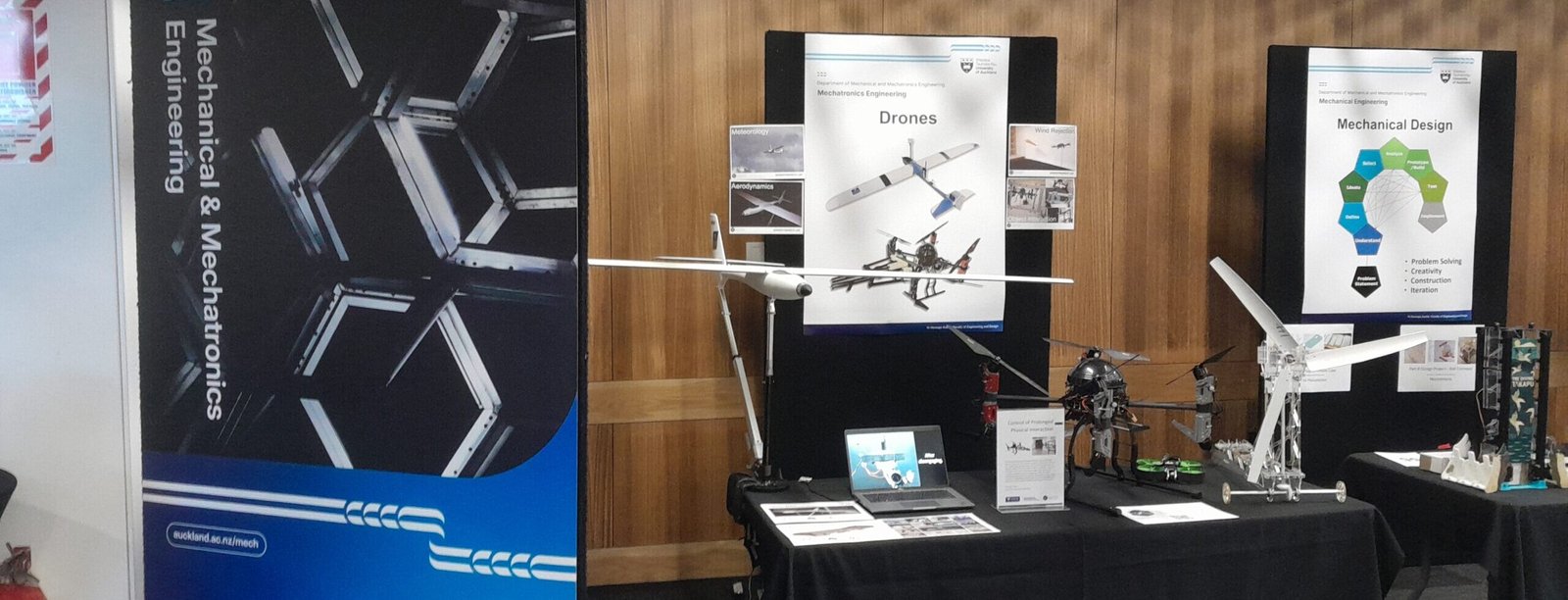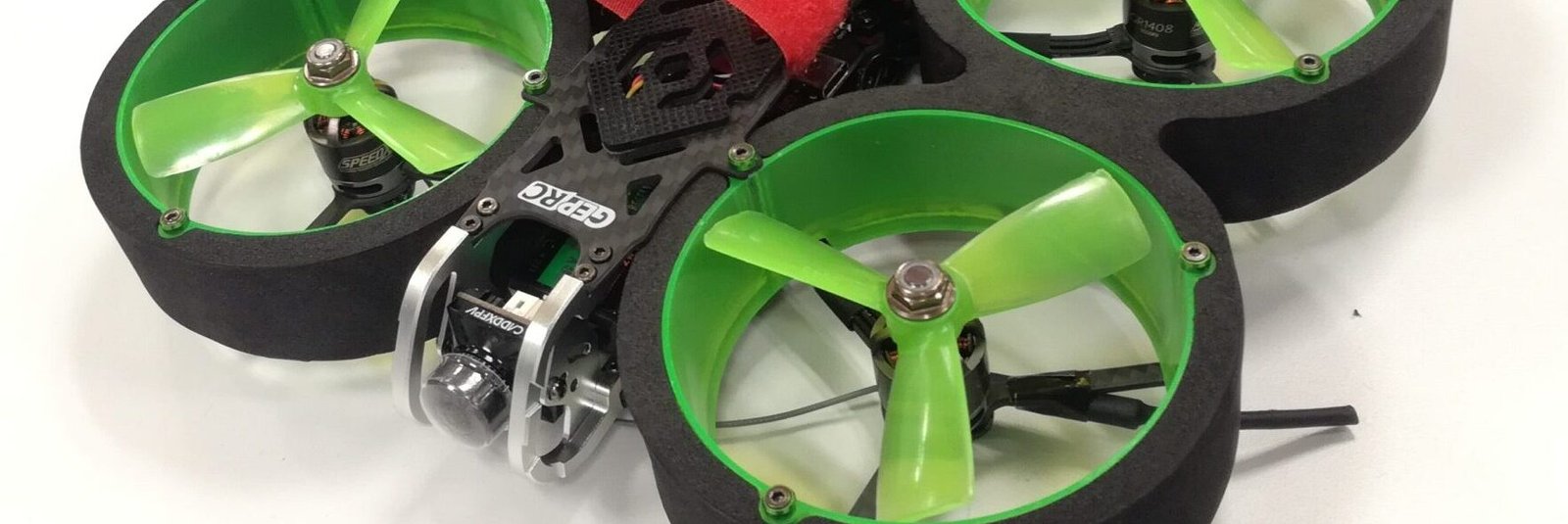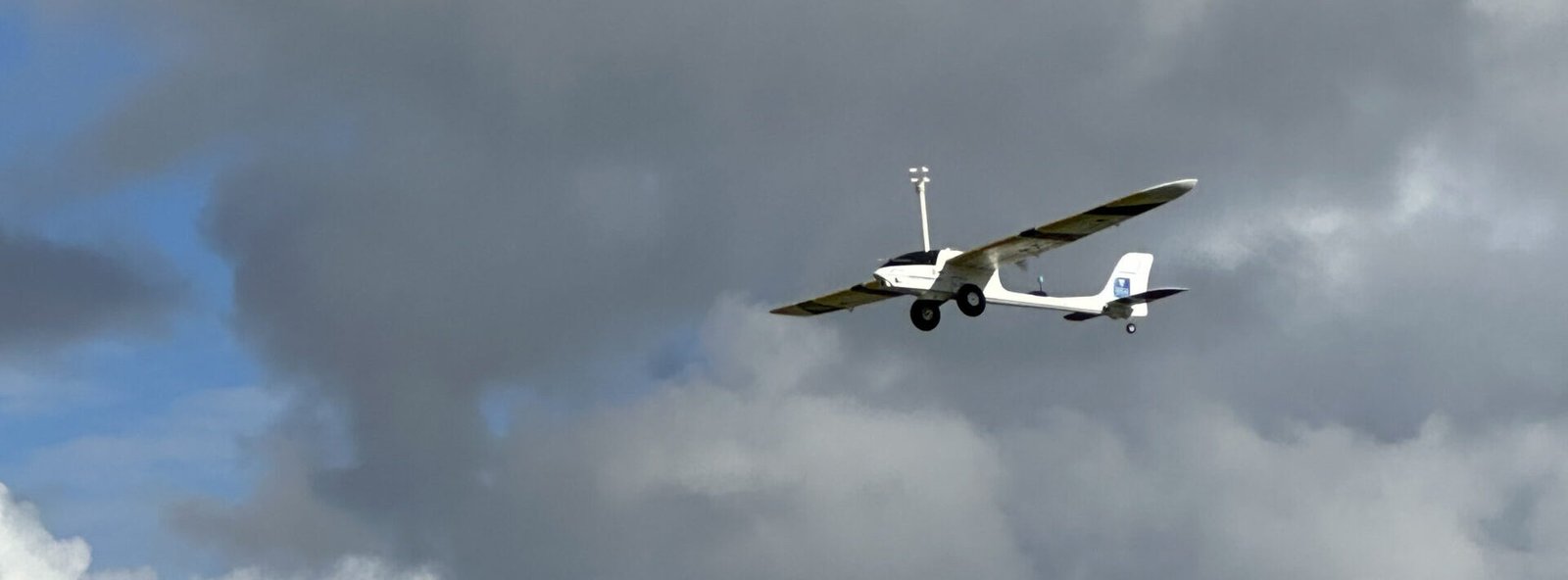DTRG News
-

DTRG Demonstrates at Mānawa Mai – Open Day
Saturday 30th August was one of the busiest days in the University of Auckland Calendar, with the doors opened for Mānawa Mai – Open Day. As part of this event, DTRG not only had a table in the main display area, but also demonstrated our flight test capability in Motion Capture Lab Tours. Research Assistants…
-

DTRG in Charlotte, NC
The Drone Technology Research Group recently visited Charlotte, NC, USA, for the 2025 International Conference on Unmanned Aircraft Systems (ICUAS). The conference ran from 14 to 17 May, and was hosted by the University of North Carolina at Charlotte. Our three papers can now be found on our publications page:
-

2024 Indoor Drone Competition is live!
The DTRG Indoor Drone Competition is back for 2024! The Drone Technology Research Group welcomes Part I, II and III Bachelor of Engineering (Honours) students from the University of Auckland to come along to our information session in 405-222 on Monday 22 July at 12pm. For official competition rules and updates, head on over to…
-
Summer Research Scholarships Complete
We were lucky to have two great summer interns this year, working on various drone components which we may look to use going forward. Junwoo Park looked into the development of a gripper leg for drones, enabling them to land on branches when needed rather than hovering to maintain position. Ivan Hsu investigated the capability…





